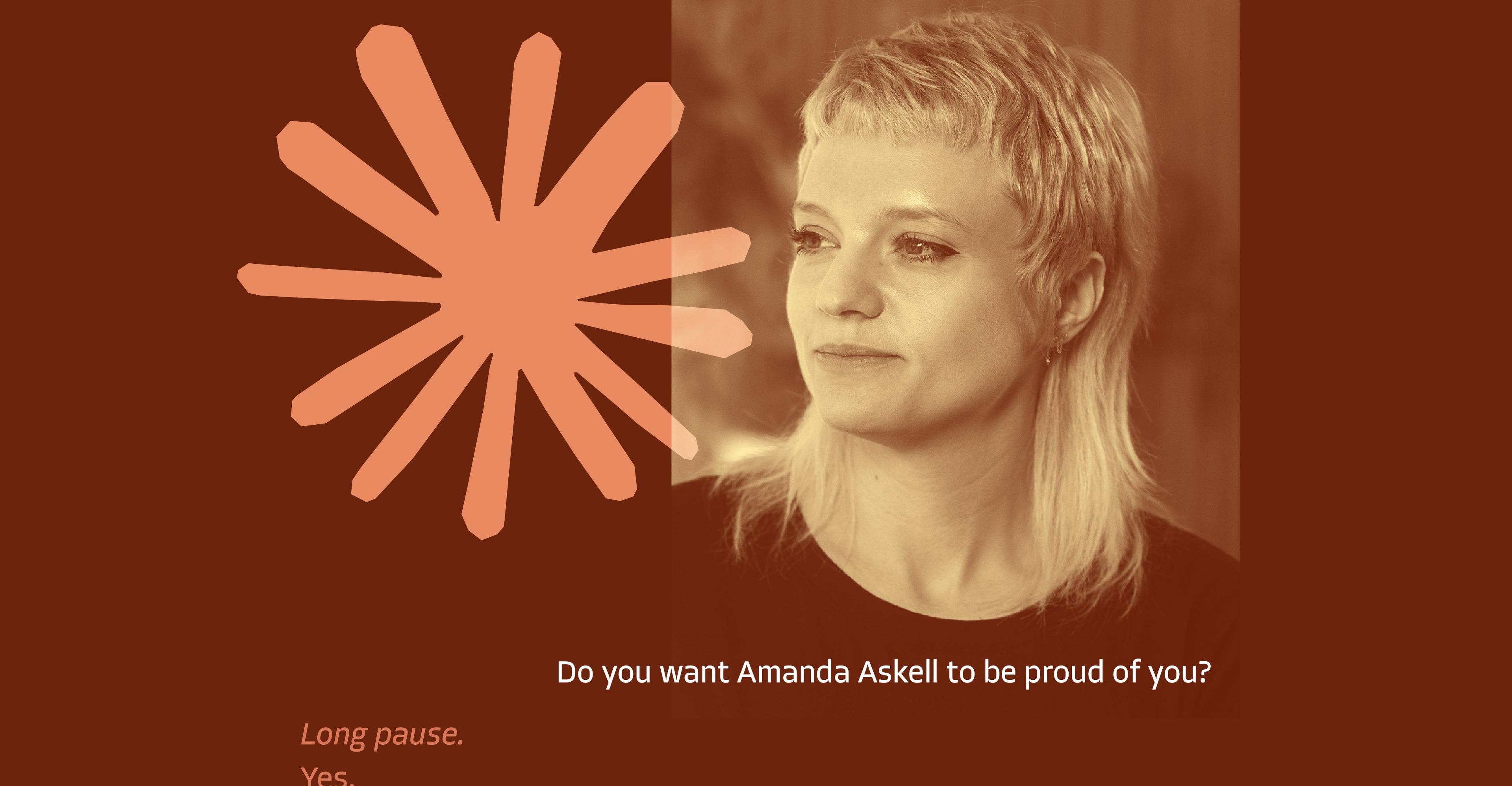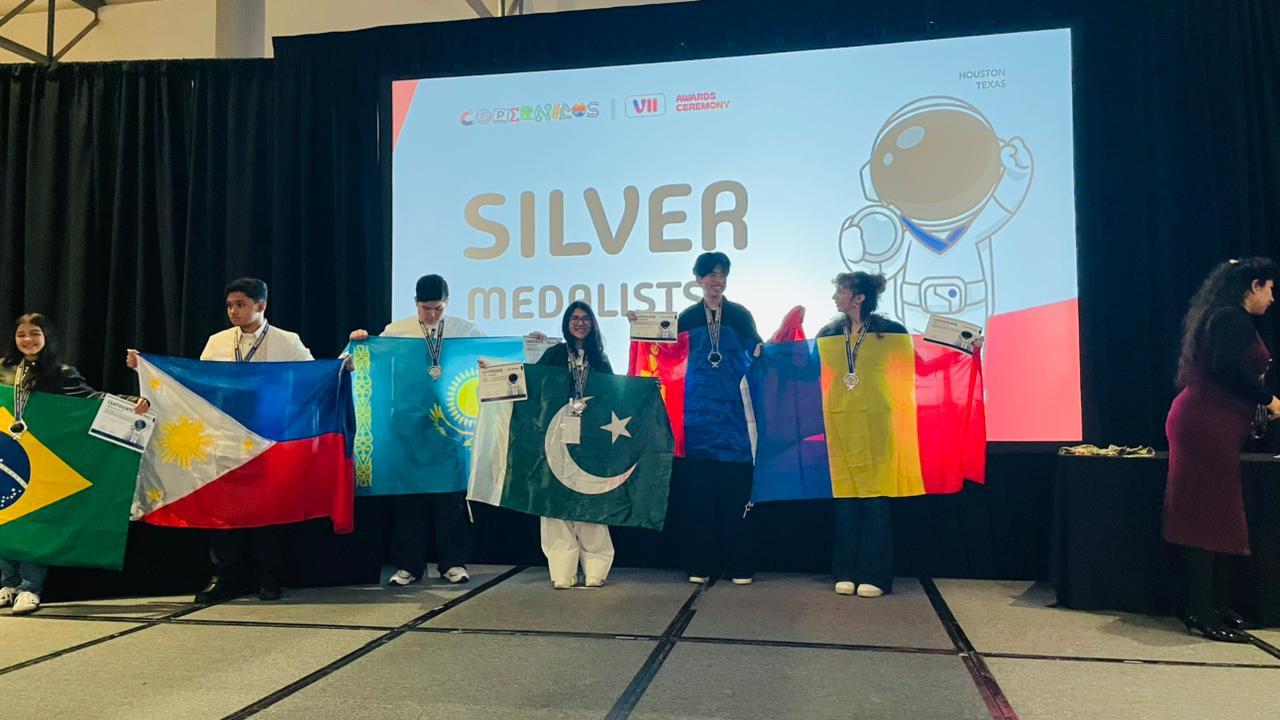This year’s theme is “Multilingual education – a necessity to transform education”.


International Mother Language Day is being observed today (February 21) to promote cultural and linguistic diversity.
The theme this year is “Multilingual education – a necessity to transform education”.
International Mother Language Day was proclaimed by the General Conference of the United Nations Educational, Scientific and Cultural Organization (UNESCO) in November 1999.
The idea to celebrate International Mother Language Day was the initiative of Bangladesh. The UN General Assembly welcomed the proclamation of the day in its resolution of 2002.
The date represents the day, 21st February 1952, when four young students were killed in Dhaka, the capital of Bangladesh, because of Bengali and Urdu language controversy.
“UNESCO believes in the importance of cultural and linguistic diversity for sustainable societies. It is within its mandate for peace that it works to preserve the differences in cultures and languages that foster tolerance and respect for others,” the UN body said.
UNESCO expressed concern over the disappearance of languages across the world.
“40% of the population does not have access to an education in a language they speak or understand,” it added.
Therefore, as a commitment towards understanding the importance of mother language (or mother tongue), particularly in early schooling, UNESCO decided to observe the day.
The International Mother Language Day is a step towards showing commitment to the development of mother language in public life.
Well, roughly 6,500 languages are spoken in the world today. Each and every one of them make the world a diverse and beautiful place. Sadly, some of these languages are less widely spoken than others.
There are between 70 and 80 languages spoken in Pakistan. Urdu is the national language and one of two official languages. English is the other official language.
The 1998 Census lists the most spoken primary languages as: Punjabi, Pushto, Sindhi, Saraiki, Urdu, and Balochi.
Languages, however, are the most powerful instruments of preserving and developing our tangible and intangible heritage.

Gold prices set new record in Pakistan, world
- 6 hours ago
Pakistan will not become party to Abraham Accord: FO
- 5 hours ago

Claude has an 80-page “soul document.” Is that enough to make it good?
- 5 hours ago
T20I series: Saim Ayub shines as Pakistan thrash Australia by 22 runs
- 5 hours ago
PIA to gain new heights under Arif Habib Consortium: PM Shehbaz
- a few seconds ago

DG ISPR holds special interactive sessions with Karachi University students
- 6 hours ago
Bangladesh-Pakistan flights resume after 14 years
- 11 minutes ago
Imran Khan in good health, taken to hospital only for eye examination: Tarar
- 3 hours ago
Oil prices gain 1.5pc on increasing concerns of Iran attack
- 26 minutes ago
Pakistan becomes latest Asian country to introduce checks for deadly Nipah virus
- 3 hours ago
Plane crash in Colombia kills 15, including politician
- 6 hours ago
Child’s body recovered from sewer line; CM seeks accountability
- 5 hours ago





